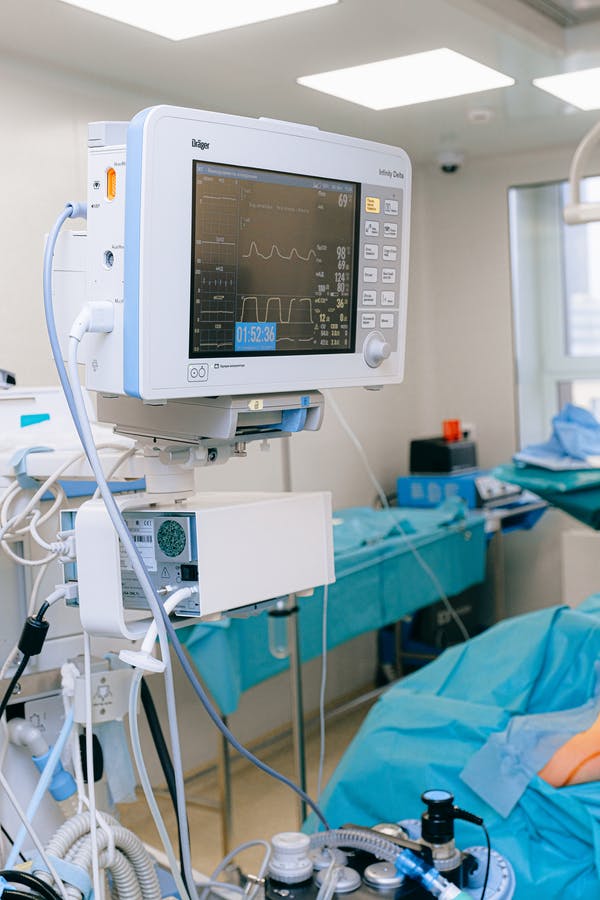HEALTH
Symptoms, Diagnosis, and Treatment for Acute Sinusitis

Acute sinusitis is when the membranes in your nose and surrounding sinuses become inflamed. It is a short-term condition and impairs the ability to drain mucus from your nose and sinuses. When you have acute sinusitis, it can be challenging to breathe through your nose. Viruses, bacteria, fungi, intranasal allergies, nasal polyps, and a deviated septum can lead to acute sinuses. Most acute sinusitis Midtown East cases result from cold. This condition resolves within ten days unless you develop a bacterial infection.
Symptoms
When you have acute sinusitis, you can experience nasal congestion, sore throat, headache, reduced sense of smell and taste, fever, and fatigue. You can also have thick yellow or green mucus discharging from your nose, a cough that worsens during the night, and drainage of mucus at your throat. Pain, pressure, and tenderness behind the eyes, nose, cheeks, and forehead are other common symptoms.
Diagnosis
History: Your healthcare provider will ask about your medical history and the symptoms you may be experiencing.
Physical examination: Your doctor can gently use fingers to press over your sinuses to identify an infection. The doctor can also look into your nose using light to check inflammation, polyps, or tumors.
Nasal endoscopy: Using a device known as a nasal endoscope, your specialist will look into your nose. A nasal endoscope is a thin, flexible fiber-optic instrument that helps identify inflammation and other disorders in your sinuses.
Imaging tests: A CT scan or MRI can help detect inflammation and other abnormalities in your sinuses. A CT scan involves rotating X-rays and video screens to show derailed cross-sectional images of your nose. An MRI shows 3-D images of your nose using radio waves and a magnetic field.
Treatment
Acute sinusitis is not a severe condition and lasts for a short time. Most people get better without treatment. In some cases, you may need treatments which include:
Antibiotics: If bacterial infections cause your sinusitis, antibiotics can help. Antibiotics cannot cure sinusitis caused by viruses.
Nasal sprays: Steroid nasal sprays and decongestants can help manage your symptoms. Avoid using over-the-counter nasal sprays for more than three days unless prescribed by a medical professional. Sprays like Flonase minimize intranasal and sinus inflammation. Decongestant therapy can dry up mucus.
Over-the-counter medications: Pain relievers like acetaminophen and ibuprofen can help relieve sinus pain.
Steam inhalation: Breathing in warm, moist air can temporarily relieve congestion. Ensure the water used to make steam is clean and free of contaminants.
Irrigation: Cleaning your nasal passages with saline solution can relieve discomfort. Since saline is just salt and sterile water, you can use it for longer than five days.
Avoid strenuous activities: Getting extra rest and fluids can help thin mucus.
Surgery: You may need surgery to treat the underlying cause of acute sinusitis. The surgery may include the removal of nasal polyps or tumors, correcting a deviated nasal septum, or cleaning and draining your sinuses.
Most cases of acute sinusitis can heal independently, but if yours last more than a week, contact your healthcare provider. You also need to see your doctor if you have a high fever, vision changes, and stiff neck. Schedule an appointment with Richard L. Nass, M.D, for acute sinusitis treatment to prevent chronic sinusitis.
Umar Nisar was born and raised in the busy city of Abbottabad. As a journalist, Umar Nisar has contributed to many online publications including PAK Today and the Huffing Post. In regards to academics, Umar Nisar earned a degree in business from the Abbottabad UST, Havelian. Umar Nisar follows the money and covers all aspects of emerging tech here at The Hear Up.
Thanks










